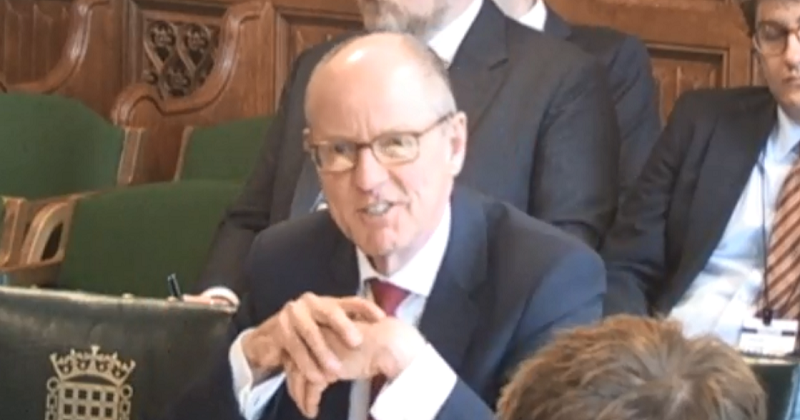The prime minister this week dodged questions about her government’s cost-saving interventions in schools, despite claims the advice “belonged to the days of the workhouse”.
Schools Week revealed last week that school resource management advisers employed by the Department for Education had told school leaders to limit pupils’ lunch portions, keep money raised for charity and replace senior staff with less well-qualified teachers on poorer contracts.
The prime minister’s inadequate response focused on Ofsted ratings for schools without acknowledging the dire funding situation and tough decisions being faced by headteachers
The investigation prompted widespread condemnation across the education sector and in political circles.
But Theresa May and Damian Hinds, her education secretary, swerved questions about the advisers this week.
During prime minister’s questions on Wednesday, Hinds grimaced as Karin Smyth, the Labour MP for Bristol South, pressed May about our findings.
“The prime minister’s own advisers have been sent into schools and, as reported by Schools Week, their ideas are truly shocking: reducing lunch portions for some of the most disadvantaged; holding back money for charities; and even employing unqualified teachers,” the MP said.
“Does the prime minister agree with me that these suggestions belong to the days of the workhouse, not 21st-century England?”
In a vague response, May pointed to £1.3 billion extra funding announced in 2017.

Smyth backed calls for the full slate of reports to be released to the public, and condemned May’s response to her question.
“The prime minister’s inadequate response focused on Ofsted ratings for schools without acknowledging the dire funding situation and tough decisions being faced by headteachers across Bristol South and beyond.”
At the Schools and Academies Show earlier that day Schools Week asked Hinds about the advisers’ recommendations, but the education secretary said he hadn’t seen “those specific reports”.
“What we have school resource management advisers for is to provide some extra expertise in schools,” he said.
“With resource management advisers they’re there to give extra help and guidance…but it’s absolutely not about reducing the quality of what’s on offer.”
Asked specifically if he would back advisers recommending reducing school lunch portions, Hinds said: “As I say, I have not seen that specific report. Clearly it’s important that children get a nutritious meal.”

Asked by a member of the parliamentary education committee whether the DfE backed the advice, Nick Gibb, the schools minister, also refused to address the question, and instead claimed the Schools Week investigation took the recommendations “out of context”.
Lord Agnew, the academies minister, who once bet school leaders a bottle of champagne that he could find savings in their schools, also criticised our reporting in a speech that was read by a civil servant on his behalf at an Education Policy Institute event on Thursday.
“They have been portrayed unfairly in the media as ‘cost-cutting consultants’, parachuted into schools to make savings wherever possible, including recent coverage which has placed school resource management advisers observations’ totally out of context,” he said.
Agnew claimed that last year his advisers had found £35 million in savings or revenue generation opportunities – a figure that he used to suggest schools could make more efficiencies.
However, union bosses said our story showed the £35 million did not identify “waste, but instead range from cutting educational provision to desperate ideas that would deliver marginal gains”.








The £1.3bn wasn’t ‘extra money’ but cash moved from one pot within the education department to another.